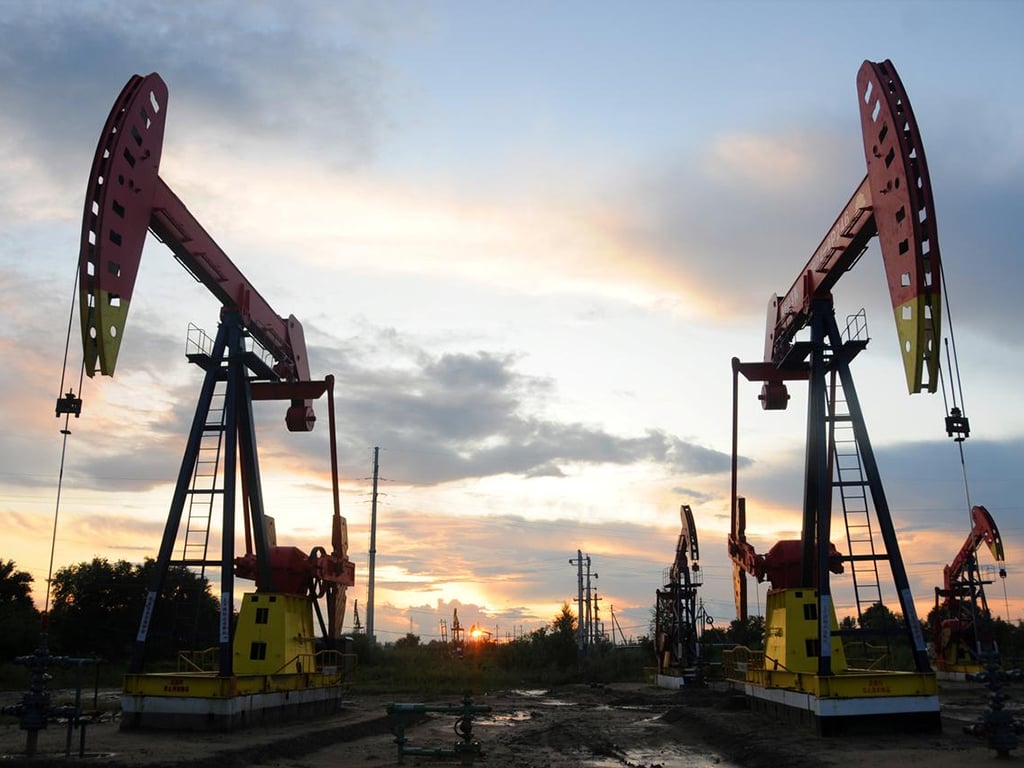ISLAMABAD: Petroleum Division is reportedly facing resistance to smooth sailing of its proposal on supplementary grant of Rs 41 billion to cover the projected subsidy claims from December 2021 to June 2022 against supply of cheaper gas/ RLNG to five zero-rated sectors, well informed sources told Business Recorder.
On January 5, 2021, Petroleum Division, in its summary which was tabled as additional items, submitted the following proposals: (i) Rs 21.335 billion may be approved as supplementary grant to clear the outstanding claims for supply of gas/RLNG to export sector; (ii)Rs 41.007 billion may be approved as subsidy;(iii) Rs 11 billion may be approved as supplementary grant under the demand of Ministry of Industries & Production to clear the arrears, as well, as to make provision for subsidy of Dec-21 to Jan-22 which is estimated at Rs 4.963 billion; and (iv) SNGPL may be allowed to supply 100% RLNG during the month of March 21 and March 22 due to the reason that in the absence of indigenous gas SNGPL is constrained to supply RLNG during the month of March as against the approved supply mix of indigenous and RLNG (proportion of 50:50) in the month.
The ECC was informed that Finance Division had supported the proposal and advised that Petroleum Division may bring a fresh proposal after clearance of pending claims in the 4th quarter of current financial year 2021-22.
The ECC approved the proposal except Rs 41 billion supplementary grant to cover the projected subsidy claims for the period Dec-21 to June-22 and directed the Petroleum Division to submit a fresh proposal in consultation with the Finance Division for consideration of the ECC.
The sources said an inter-ministerial meeting is expected to be held in a next few days, where the pros and cons of proposal would be deliberated threadbare.
Finance Division, which is also facing financial constraints, argues that the government is consistently supporting the export sector. During last three years an estimated amount of Rs 115.5 billion under DLTL schemes to textile exporters and over Rs 100 billion as gas subsidy were disbursed to zero-rated sectors. Further concessions included taxes and duty-free import of raw material and machinery, market-determined exchange rate and subsidized financing by the State Bank of Pakistan (SBP) were provided.
However, exports of five zero-rated sectors registered negative growth in 2019-20 vis-à-vis 2018-19 and an annual cumulative growth rate of 6 percent in the last three years.
Finance Division maintained that it is imperative for concerned Ministries to take a holistic picture of the unprecedented support and outcome.
The Finance Division shall continue to provide subsidy support within fiscal space subject to the following: (i) considering highest ever increase in the LNG prices globally, i.e., US $ 25-30 MMBTU, the agreed rate of $ 9 per MMBTU is required to be made applicable with immediate effect till June 30, 2022 and to review energy supply rates in July-August of every financial year during the period of the policy;(ii) as DLTL policy is being separately contemplated, its numbers and references being duplicative may be deleted; and (iii) subsidized gas supply to captive power plants may be reviewed with definite timelines.
On October 28, 2021, in an inter-ministerial meeting it was recommended that electricity and RLNG be provided to the export-oriented units/ sectors of textile industry at regionally competitive rates throughout the policy years without any disparity among the provinces. During FY 2021-22, electricity will be provided at Cents 9 per KWh all-inclusive and RNLG at $ 6.5 per MMBTU all-inclusive. However, an exercise will be conducted jointly with the Ministry of Energy (Power and Petroleum Divisions) during pre-budget consultative sessions annually to review the energy tariffs.
In case of abnormal fluctuations in regional energy prices, the approved rates may be revised on an average of energy prices for industrial consumers for the regional competitors (Vietnam, Bangladesh, etc.) and announced in the federal budget along with budgetary allocations by Finance Division as actually required by the Ministry of Energy so that energy regime would remain fully funded throughout the policy years.
Ministry of Commerce and Ministry of Energy will jointly devise a mechanism in 2-3 months on targeting energy regime to real beneficiaries in a way that export-oriented sectors/ units of textile industry would remain internationally competitive.
Copyright Business Recorder, 2022























Comments
Comments are closed.